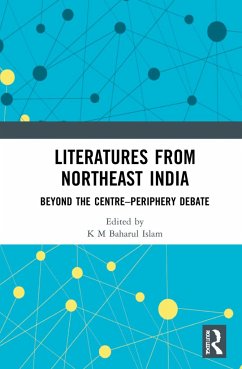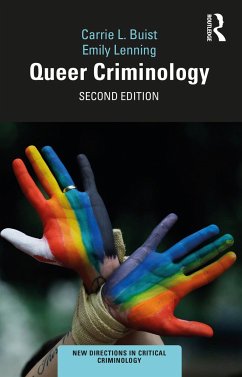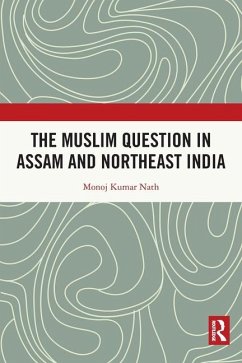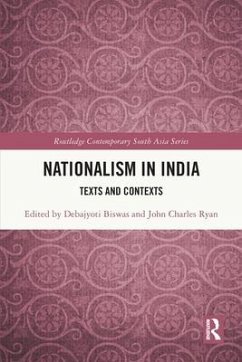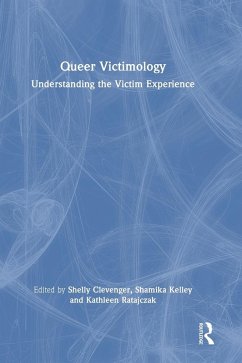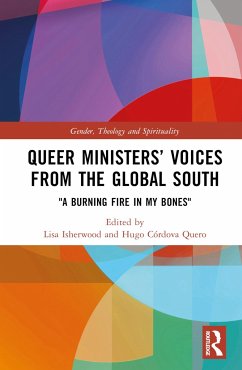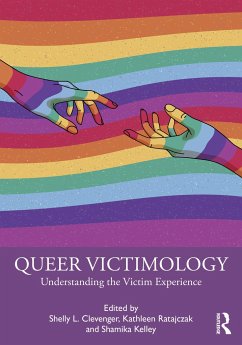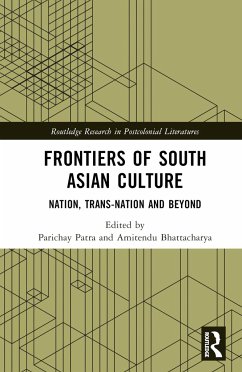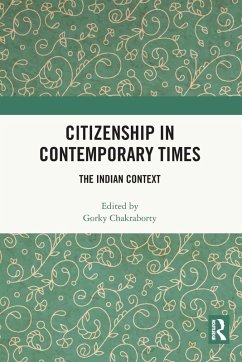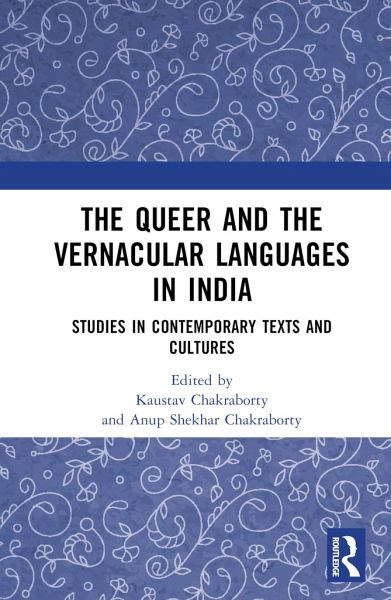
The Queer and the Vernacular Languages in India
Studies in Contemporary Texts and Cultures
Herausgegeben: Chakraborty, Kaustav; Chakraborty, Anup Shekhar
Versandkostenfrei!
Versandfertig in 6-10 Tagen
154,99 €
inkl. MwSt.

PAYBACK Punkte
77 °P sammeln!
This book analyses regional expressions of the queer experience in texts available in the Indian vernacular languages. It studies queer autobiographies and literary and cinematic texts written in the vernacular languages on gay, lesbian, bisexual and transgender issues. The authors outline the specific terms that are popular in the bhashas (languages) to refer to the queer people and discuss any neo coinages/modes of communication invented by the queer people themselves. The volume also addresses the lack of queer representation in certain language communities and the lack of queer interaction...
This book analyses regional expressions of the queer experience in texts available in the Indian vernacular languages. It studies queer autobiographies and literary and cinematic texts written in the vernacular languages on gay, lesbian, bisexual and transgender issues. The authors outline the specific terms that are popular in the bhashas (languages) to refer to the queer people and discuss any neo coinages/modes of communication invented by the queer people themselves. The volume also addresses the lack of queer representation in certain language communities and the lack of queer interaction in non-metropolitan cities in India.
An important contribution to the field of queer studies in India, this timely book will be an essential read for scholars and researchers of gender studies, queer studies, cultural studies, discrimination and exclusion studies, language studies, political studies, sociology, postcolonial studies and South Asian studies.
An important contribution to the field of queer studies in India, this timely book will be an essential read for scholars and researchers of gender studies, queer studies, cultural studies, discrimination and exclusion studies, language studies, political studies, sociology, postcolonial studies and South Asian studies.



